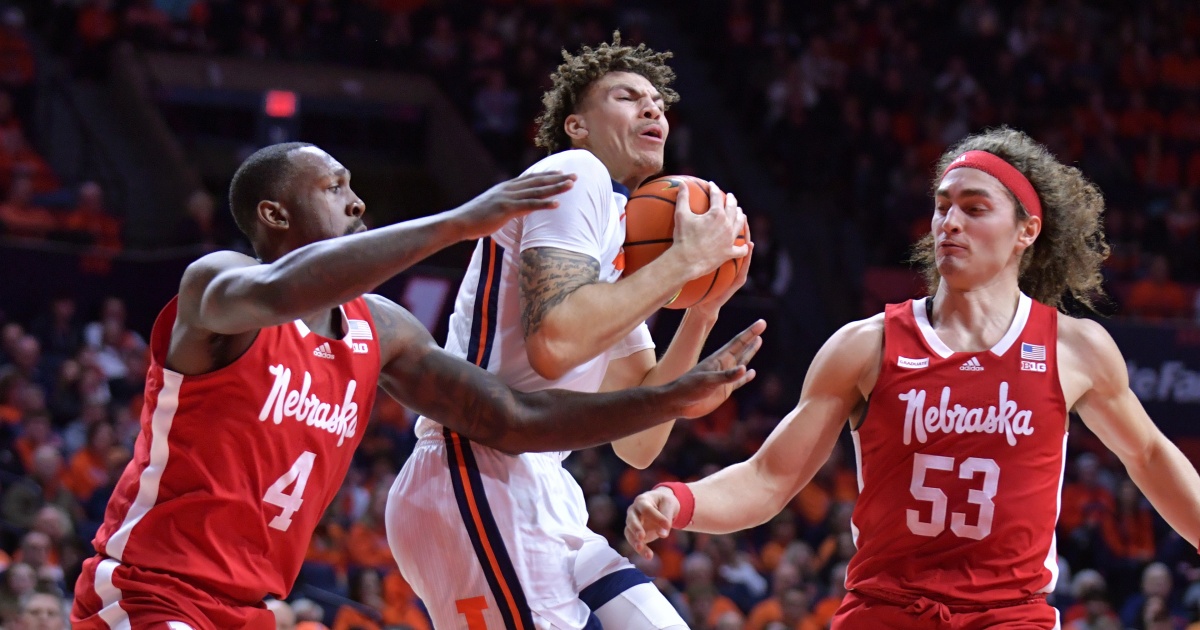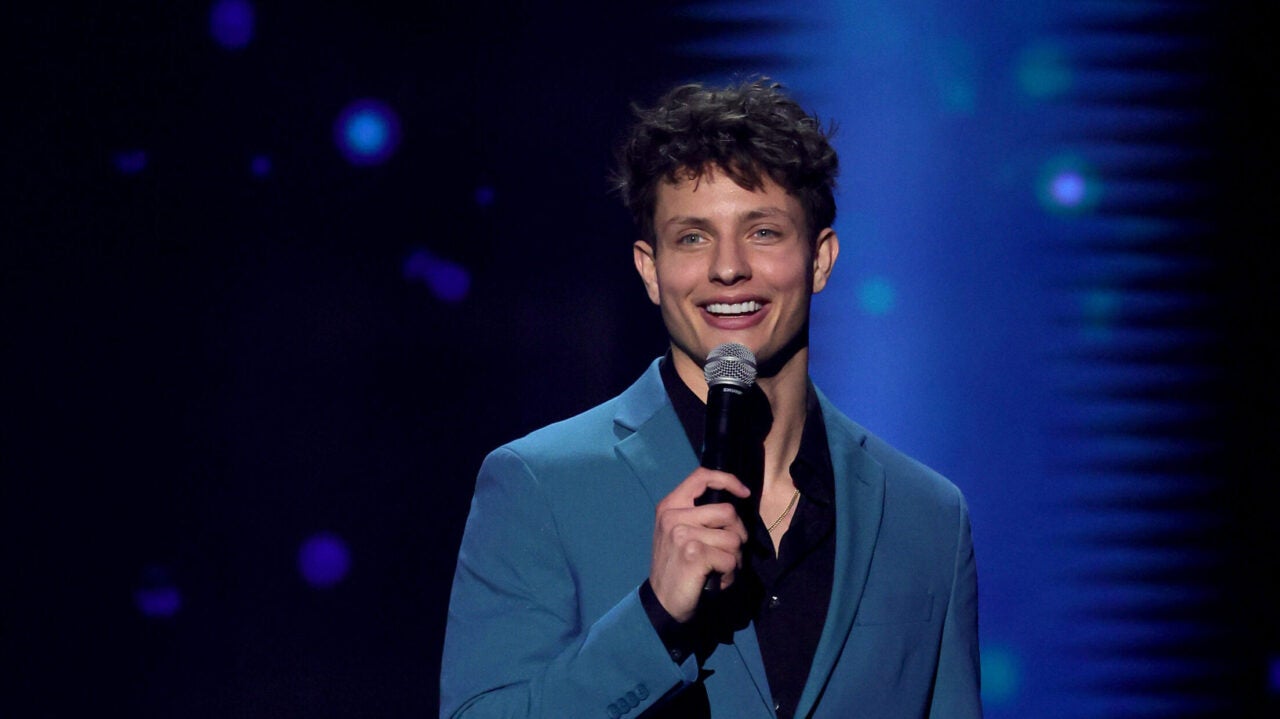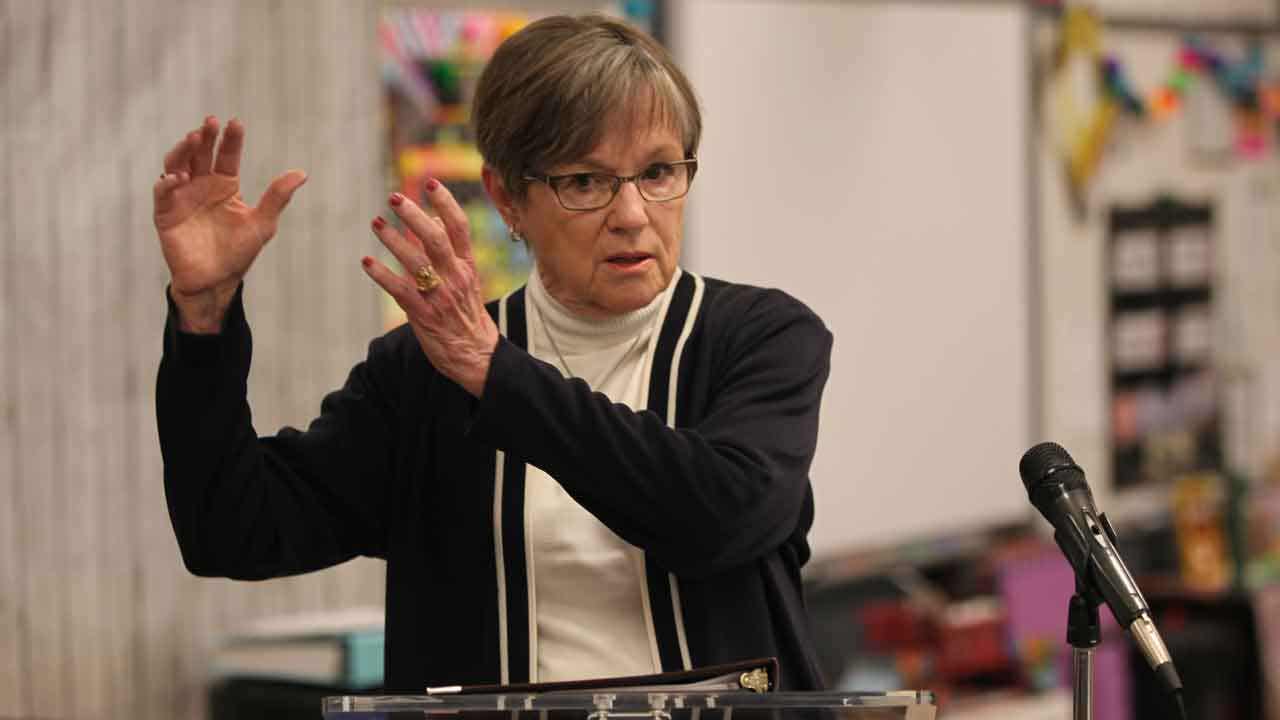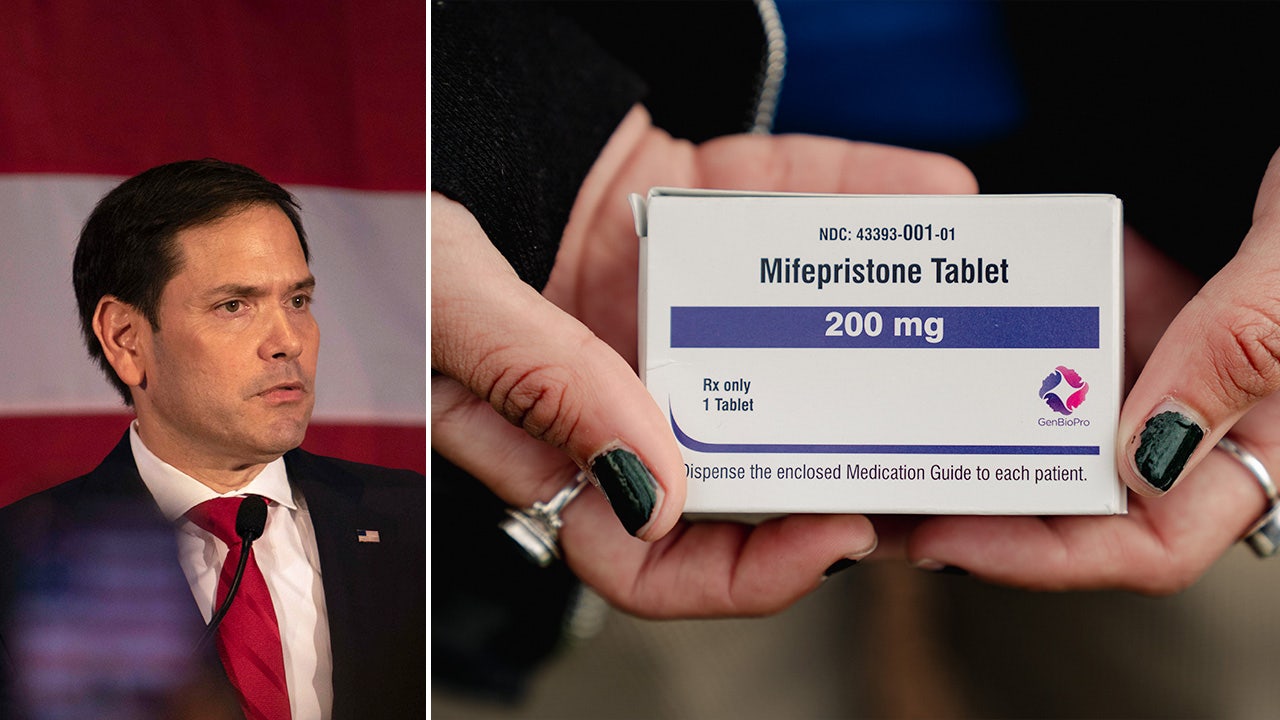Minneapolis, MN
Minneapolis teachers voting on bigger raises in new contract
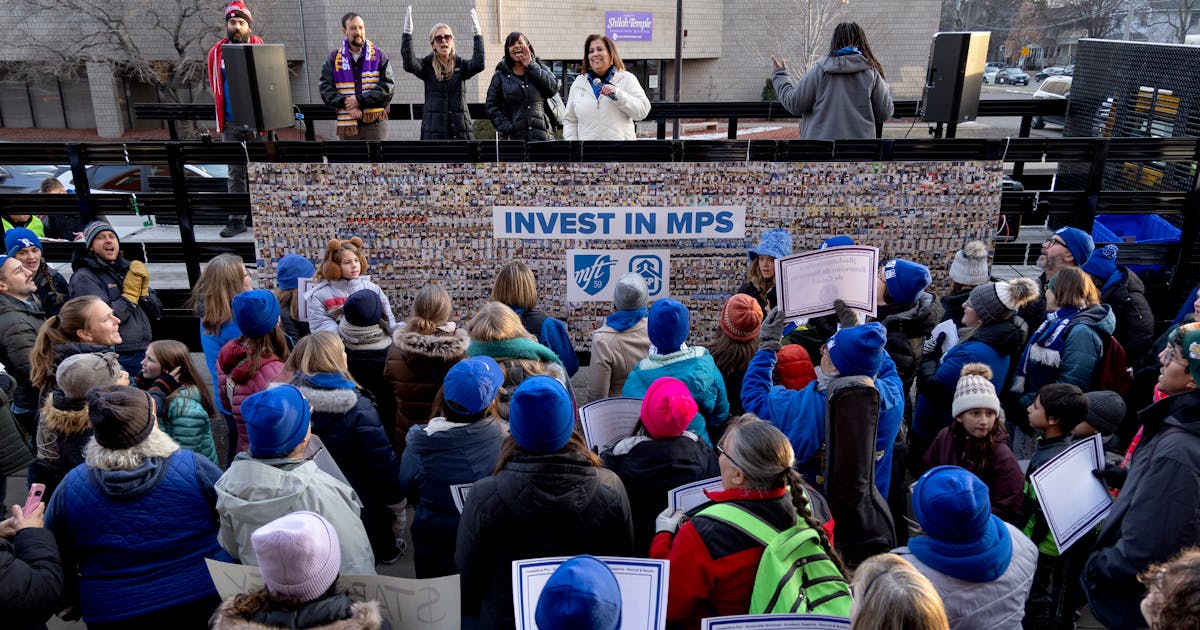
Minneapolis educators are voting this week on a pair of union contracts that, in the case of teachers, would provide the highest pay increases they’ve seen in 25 years.
The salary hikes — 4% this year and 5% in 2024-25 — would be in addition to automatic increases based on levels of education and experience, and are part of a deal described as historic by district and union leaders such as Greta Callahan, president of teacher chapter of the Minneapolis Federation of Teachers (MFT) and a candidate for the school board.
Still to be determined, however, is the agreement’s impact on a 2024-25 school district budget that already is projected to show a $110 million deficit. Add it to other contracts that have yet to be settled and the deficit most likely will grow, Superintendent Lisa Sayles-Adams said.
The deal came together just ahead of a scheduled strike authorization vote in late April, and left the district and union leaders expressing optimism about their ability to continue working together.
“We’re one step closer to a reality where we can make Minneapolis Public Schools a destination district for the families that we serve,” union Vice President Marcia Howard said. “It’s a new era in Minneapolis.”
If ratified by teachers in voting that extends through Friday, the agreement would head to the school board for its approval. The district has said the deal fell within board-approved budget parameters.
Statewide, teachers are seeing their biggest increases in 20 years, Education Minnesota has said. As of May 1, the average salary increases winning local approval were 4.3% this year and 3.5% in 2024-25.
St. Paul teachers secured a two-year deal in March calling for 4% raises in 2024-25, plus a fixed increase of $3,500 retroactive to Jan. 1 of this year.
In Minneapolis, this year’s 4% increases would be retroactive to July 1, 2023.
The pay increases come after last year’s historic $2.2 billion state investment in schools — an infusion of aid that state and local union leaders have successfully pointed to as a potential funding source for the types of salary hikes they say they sacrificed in previous bargaining cycles.
But the handsome packages also are leaving some districts facing even more painful budget cuts as $1.3 billion in federal COVID relief funds are set to expire in September.
Callahan said the Minneapolis contract also provides some workload relief for special education teachers, primarily at the elementary level, and includes changes within the salary schedule that eliminate some steps in which teachers were not getting automatic increases tied to years of experience.
This year, annual pay in Minneapolis will range from about $49,000 for a starting teacher with a bachelor’s degree to about $107,000 for the district’s most experienced and highly educated instructors. Next year, that salary range would be $54,000 to $112,000, the tentative agreement states.
The school calendar also will be shortened — something that Callahan said “families want — and makes a lot of sense for pretty much everyone.”
“I don’t think anyone’s feeling like a loser” in this deal, she said at the news conference. “We’re feeling like we won, and the students are going to win, from this contract, so we’re really proud of it.”
Board Chairman Collin Beachy said the agreement represented a “pretty historic day” for the district and students were witness to “the power of collaboration, communication and unity.”
This week, the district’s support staffers also are voting on a new agreement reached a day after the educational support professionals (ESP) chapter of the teachers union had filed an intent to strike.
Catina Taylor, union chapter president, said in a statement then that wages were being raised and a compensation system created that values experience in the district. The agreement should help attract more educators to the city’s schools, she said.
Sayles-Adams said she looked forward to a continued partnership with the ESP chapter, as well. The ESPs also vote through Friday.

Minneapolis, MN
Despite years of denial, Minneapolis police used secretive process for serious misconduct
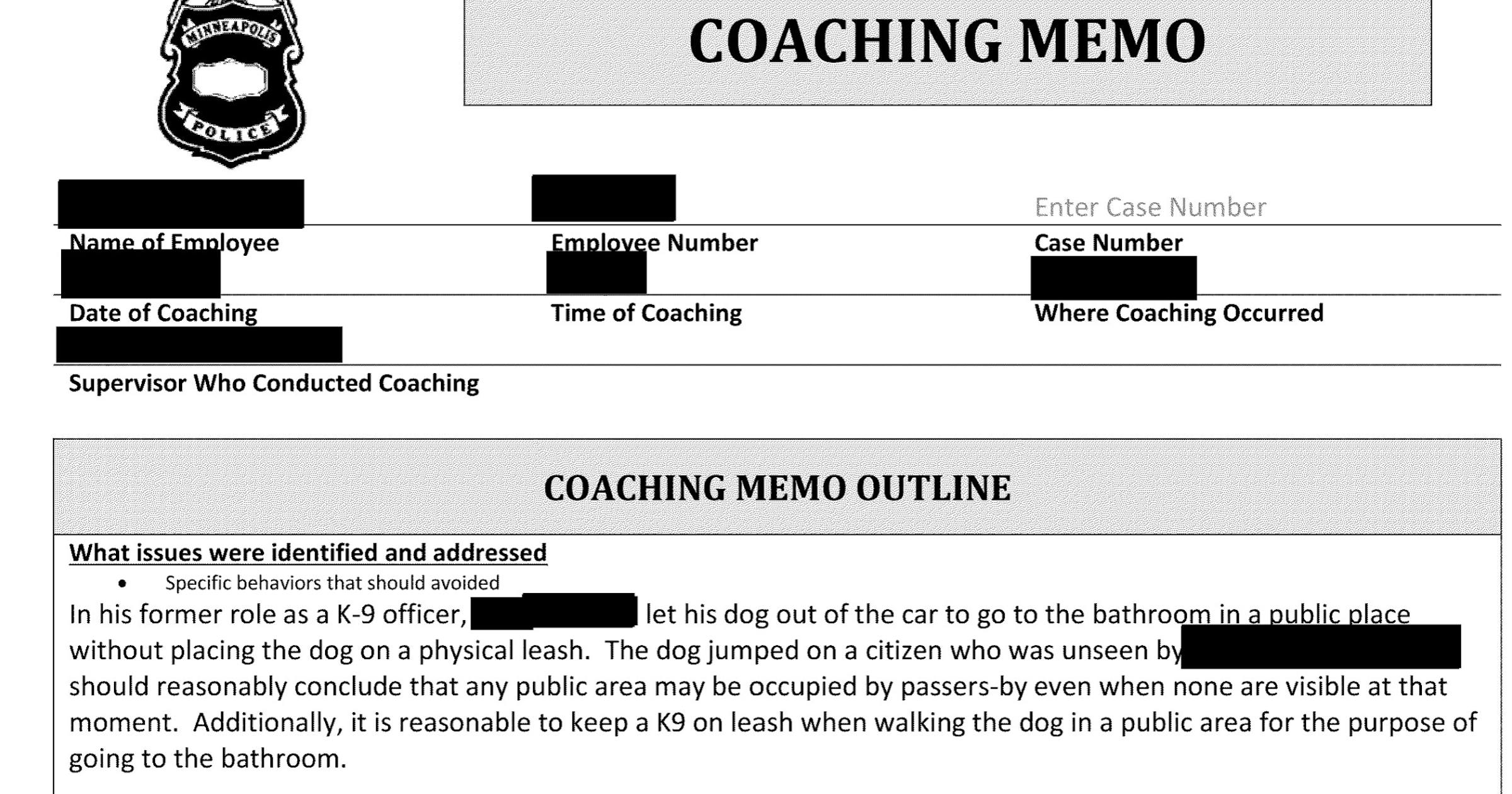
Minneapolis police leaders used a secretive process to handle serious officer misconduct cases while keeping the details confidential, despite repeated claims to the contrary.
In public meetings and statements to media, police and city officials long claimed they use coaching, a form of one-on-one mentoring, only in response to the lowest-level policy violations, like uniform infractions or not wearing a seatbelt. But new court documents reveal that some of the misconduct quietly coached in recent years is more severe.
Three officers mishandled their service weapons, one of whom fired a round into the wall of a precinct.
Another failed to report a colleague’s use of force, which resulted in injury to an individual in their custody.
And another, who has since been promoted, let a police K-9 off leash, allowing the dog to attack a civilian.
All were coached, the documents say, meaning all records of the misconduct were shielded from public view.
The Minneapolis Police Department has used coaching more than any other means of dealing with police complaints over the past decade. Attorneys for the city say this gentler form of corrective action doesn’t amount to real discipline, and they don’t have to disclose any records to the public under Minnesota law. Critics have for years contested that the lack of transparency amounts to a rhetorical loophole the police department uses to keep bad behavior hidden.
Last year, in charging Minneapolis with a pattern of discriminatory policing, the U.S. Department of Justice criticized coaching as part of the city’s “fundamentally flawed” accountability system. Only one in four cases referred for coaching through a city oversight office ended up being coached, the charges say, and some allegations were “far from ‘low-level,’” including an officer who “smacked, kicked, and used a taser on a teen accused of shoplifting.”
The new court filings, made public as part of a government watchdog’s lawsuit, offer the fullest window yet into the police department’s convoluted coaching process. The records include nine examples of MPD using coaching to handle more serious misconduct than what the city officials have publicly claimed. They also show how city leaders have misrepresented this process in public meetings in the wake of George Floyd’s murder, even as they sought to mend fractured trust.
In May 2021, a group of top police officials and city leaders gave a presentation on coaching to the Police Conduct Oversight Commission (PCOC), a volunteer board created by the city to make recommendations on police policy. Members of the commission pressed the officials on whether secrecy around coaching allowed former officer Derek Chauvin to work for nearly two decades unencumbered by serious excessive force complaints.
Then-Deputy Police Chief Amelia Huffman said she couldn’t speak directly to Chauvin’s case, but that coaching is only reserved for the lowest-level violations, such as problems in writing a report.
“So… something like excessive force would not be eligible for coaching?” asked Commissioner Abigail Cerra.
“Yes, that’s correct,” replied Huffman.
But it wasn’t correct.
When a lawyer pressed Huffman about this exchange in a deposition last fall, Huffman acknowledged the Minneapolis Police Chief can, in fact, institute coaching for excessive force — or any other violation on the discipline matrix.
The Chief could technically coach a police officer for murder “to the extent it was a policy violation,” then-Deputy Chief Troy Schoenberger said in a separate deposition this February.
‘As discipline…you will receive coaching’
These revelations were made public in connection to a lawsuit filed by Minnesota Coalition On Government Information (MNCOGI), an all-volunteer organization made up of current and former journalists, attorneys, librarians and others interested in government transparency.
The lawsuit, filed in June 2021, alleges Minneapolis willfully misinterprets Minnesota public records laws by labeling coaching documents as private data. This practice has promoted a culture of secrecy, allowing the Minneapolis Police Department to operate without accountability to the people it serves, according to the civil complaint.
“We’re not telling the city it has to stop coaching officers,” said attorney Leita Walker. “What we are saying, is that if it looks like discipline and quacks like discipline — and if it’s for serious misconduct – then it’s discipline and it’s public. It doesn’t matter what made-up word the city uses to describe it.”
Walker and Isabella Salomão Nascimento, of Ballard Spahr, and the Minnesota chapter of the American Civil Liberties Union are representing MNCOGI. Walker has also represented several local media organizations, including the Star Tribune, in cases related to public records and the pre Amendment.
The city is expected to file its own motion asking Hennepin County District Judge Karen Janisch to dismiss the lawsuit on Wednesday.
The documents, including hours of on-the-record deposition transcripts of eight city employees, still leave open questions, such as the breadth of the more serious misconduct handled through coaching. But they offer many striking details, including:
♦ Coaching looks a lot like discipline. The paperwork is virtually identical to a letter of reprimand, which the city recognizes as discipline. Some coaching letters from the police chief explicitly say to officers, “as discipline for this incident you will receive coaching.”
♦ Coaching is sometimes offered as an alternative to formal discipline. In one case, former Lt. Bob Kroll called a group of coworkers the “lesbian Mafia.” He was given the option of a coaching session with the chief or formal discipline, the latter he could fight through the grievance process.
♦ Officers often feel that coaching is a disciplinary action, because it can feel like punishment. One officer even described being “strong armed” into coaching. The Federation has and continues to grieve B-level coaching administered by the Chief.
♦ When MNCOGI filed a data request for coaching documents, a city clerk summarily closed their request within three minutes — without bothering to identify, redact or disclose relevant records, even though dozens were considered public under the city’s definition.
‘Coaching…will not go away’
Leading up to the May 2021 Police Conduct Oversight Commission meeting, the issue of coaching was becoming a problem.
As Chauvin headed to trial for murder, court records showed he’d been the subject of at least 15 misconduct complaints, and the city labeled all but one as “private data,” meaning Chauvin was either coached or the complaints were dropped without discipline. Some incidents of excessive force were caught on video: in one case, which years later led to a federal charge and conviction, Chauvin choked and knelt on a handcuffed 14-year-old’s neck.
In August 2020, Abigail Cerra, a former public defender who’d also worked for Minneapolis as a civil rights investigator, introduced a measure in the Police Conduct Oversight Commission to ask the city attorney to reclassify coaching documents as public data. Cerra said at the time that Minneapolis seemed to be violating its own policy, which said discipline “shall” be imposed when a code of conduct infraction is sustained.
Later that year, the policy manual language was quietly changed to say misconduct “will subject the employee to discipline and/or legal action,” granting the agency more latitude on whether to impose corrective actions.
As several news organizations covered the push to open up these records, city and police officials continued to downplay the coaching process.
Assistant City Attorney Trina Chernos said in an email to a PCOC member that only the lowest category of policy violations — called “A-level” — are eligible for non-disciplinary action like coaching.
A city spokesman told the Star Tribune coaching is used for violations like “verbal tone and language,” and not “improper or excessive use of force.”
A WCCO report featured an unnamed Police Officers Federation of Minneapolis official saying “complaints can’t come from outside the department and result in coaching.”
All these statements were false.
In September 2020, City Council Member Andrew Johnson emailed City Clerk Casey Carl to ask for an update on a city working group to examine coaching.
Carl assured Johnson they were working on it with multiple departments, including human resources. “It hasn’t left our radar,” he said.
In March 2021, Carl sent an email to several high-ranking city officials: “The confusing issue of coaching as discipline has not/will not go away until addressed.”
The city addressed it by sending a blitz of its top leaders from the police department, city attorneys office and human resources department to the PCOC meeting to make presentations on the benefits of coaching.
Chief Medaria Arradondo described coaching as the “bedrock” of a system that allows police to grow professionally, used to “address an officer’s attitude as well as help with training.”
Huffman, after falsely stating that coaching isn’t ever used for excessive force, continued to say the police manual is written to only refer “low-level violations” to coaching. “And so, force violations — use of force violations — themselves are not included in those coaching referrals.”
None of the five city officials who presented at the meeting mentioned that the police chief also has the authority to implement coaching.
Huffman’s defense
In her deposition last fall , Huffman denied that she intentionally misled the police oversight commissioners that day.
Huffman insisted that she was talking about one pathway in the city’s complaint bureaucracy that leads to coaching — a combination of internal affairs and civilian review called Joint Supervisors. But in another pathway, the Chief may impose coaching after an investigation sustains a complaint and the officer is afforded the ability to fight it.
“It did not occur to me to talk about any coaching that came out of a chief’s discipline process,” Huffman said, in acknowledging that she and others who presented at the meeting “didn’t discuss every possible detailed part of the coaching process.”
Huffman, who later became the interim police chief, now works in the city attorney’s office, implementing reforms mandated by the Minnesota Department of Human Rights.
The City Council has yet to have a formal briefing on this case, which has been pending for almost exactly three years.
Judge Janisch will have 90 days to rule on MNCOGI’s arguments that the city violated the state’s public records law and should release unredacted copies of disciplinary actions “hidden under the coaching label,” along with the city’s request for dismissal, following oral arguments on June 26.
Read the court filing:
(Can’t see the document? Click here.)
Minneapolis, MN
Police Investigating Suspicious Death of Minnesota Toddler

Minneapolis, MN (KROC-AM News)- Authorities are calling the death of a Minnesota toddler suspicious.
That’s according to a news release issued Wednesday morning by the Minneapolis Police Department.
Officers responded to the report of an unresponsive baby who was not breathing at a north Minneapolis residence around 5:30 Tuesday afternoon.
Minneapolis Police Imply Drug Overdose Led to Death of 2-Year-Old Girl
Officers found the girl and administered Narcan and CPR until paramedics arrived. She was taken to a hospital where she was pronounced dead. Officials say the girl was 2-year-old.
The responding officers found narcotics paraphernalia surrounding the little girl, the news release says. Minneapolis Police Chief Brian O’Hara says investigators are calling the young girl’s death suspicious.
The preliminary investigation indicates two adults and a seven-year-old were in the home with the young girl at the time of her death.
I am horrified and saddened by this tragedy. Our investigators are fully committed to finding the facts and figuring out how this little girl died.
–Minneapolis Police Chief Brian O’Hara
Investigators discussed the circumstances surrounding the toddler’s death with the adults. The seven-year-old child was unharmed, the news release says.
So far no arrests have been made.
Officials say the Hennepin County Medical Examiner will determine the cause and manner of the little girl’s death.
Minneapolis Police Department Homicide Detectives also responded to the scene to begin an investigation.
More Minnesota News:
Astonishing Minnesota Tiny Home on Airbnb Has a Private Beach
I’m blown away by this place. The crystal clear blue water, amazing views, and the picture perfect cozy home to stay in. It’s located on Deer Lake in Northern Minnesota.
Gallery Credit: Samm Adams
Minneapolis, MN
Minneapolis Public Schools faces major cuts to central office departments
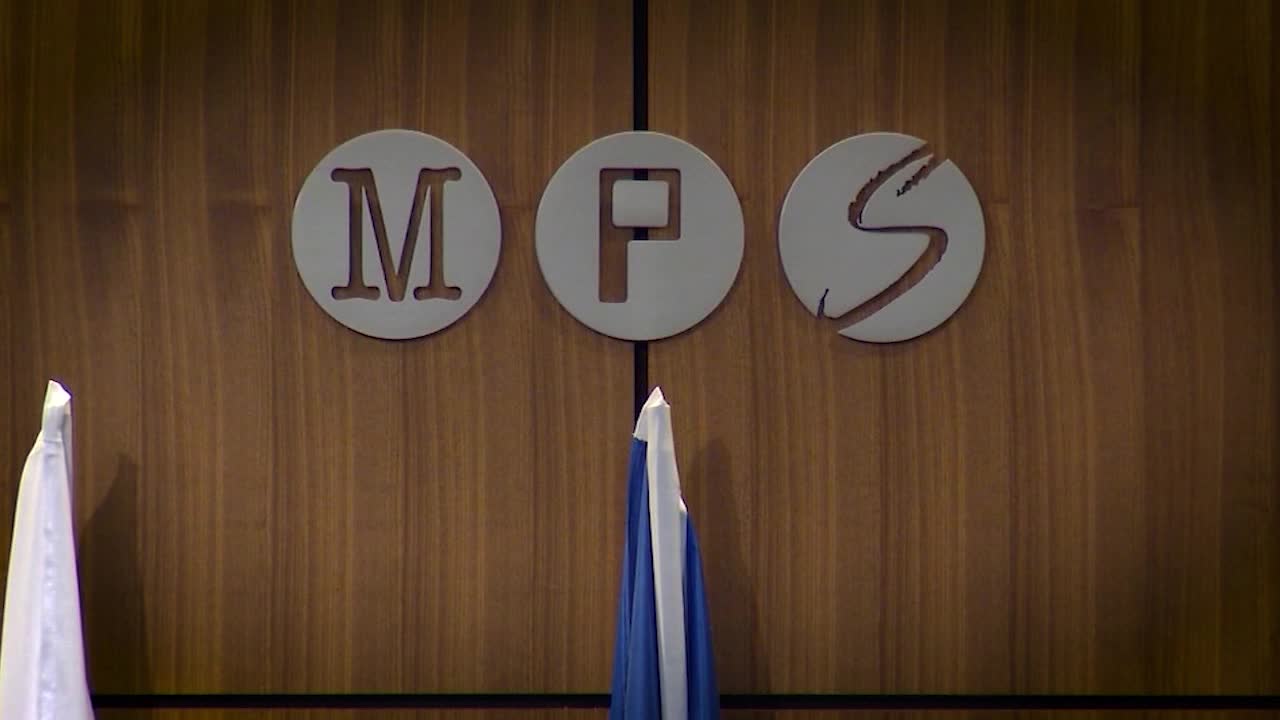
Minneapolis Public Schools faces major cuts to central office departments
Minneapolis Public Schools is looking at major cuts as the district works to make up a $110 million gap.
The end of federal COVID-19 emergency funding, a decrease in revenue due to declining enrollment and increasing costs contributed to the gap, according to the district.
The latest budget was presented during Tuesday’s Committee of the Whole meeting. It proposes funding cuts to schools and most significantly to magnet schools, Roosevelt High School and Camden High School, with each seeing a reduction of more than 10%.
It also includes reductions to departments, including a 50.9% cut to communications and marketing, a 42.8% cut to engagement and external relations and a 65.8% cut to strategic initiatives. KSTP asked the district how many positions that represents but were not given clarification.
“I would like to publicly acknowledge this is very, really, really painful,” said Joyner Emerick, who serves on the board.
The district plans to tap into its assigned fund balance to help balance the budget until it can increase the tech levy.
“The discussion of whether or not we have to close schools is pretty clear, we have to close schools,” said Ira Jourdain, who serves on the board. “We have effectively ran out the clock. If we don’t get on it now, it will just get worse, we do not have the resources to do another budget like this next year.”
The district has decided, however, to keep 5th grade band and central office support positions for Hmong and Somali heritage language pathway programs.
-

 Culture1 week ago
Culture1 week agoFrom Dairy Daddies to Trash Pandas: How branding creates fans for lower-league baseball teams
-

 News1 week ago
News1 week agoRed Lobster files for bankruptcy after missteps including all-you-can-eat shrimp
-

 World1 week ago
World1 week agoPanic in Bishkek: Why were Pakistani students attacked in Kyrgyzstan?
-

 News1 week ago
News1 week agoThe states where abortion is on the ballot in November : Consider This from NPR
-

 Politics1 week ago
Politics1 week agoMichael Cohen swore he had nothing derogatory on Trump, his ex-lawyer says – another lie – as testimony ends
-

 Movie Reviews1 week ago
Movie Reviews1 week agoMai Movie Review: Emotionally powerful lead performances in this sensitive and heart-breaking romantic film
-

 News1 week ago
News1 week agoCity of Kyle falls short of ‘Kyle’ world record
-

 Politics1 week ago
Politics1 week agoAnti-Israel agitators interrupt Blinken Senate testimony, hauled out by Capitol police


